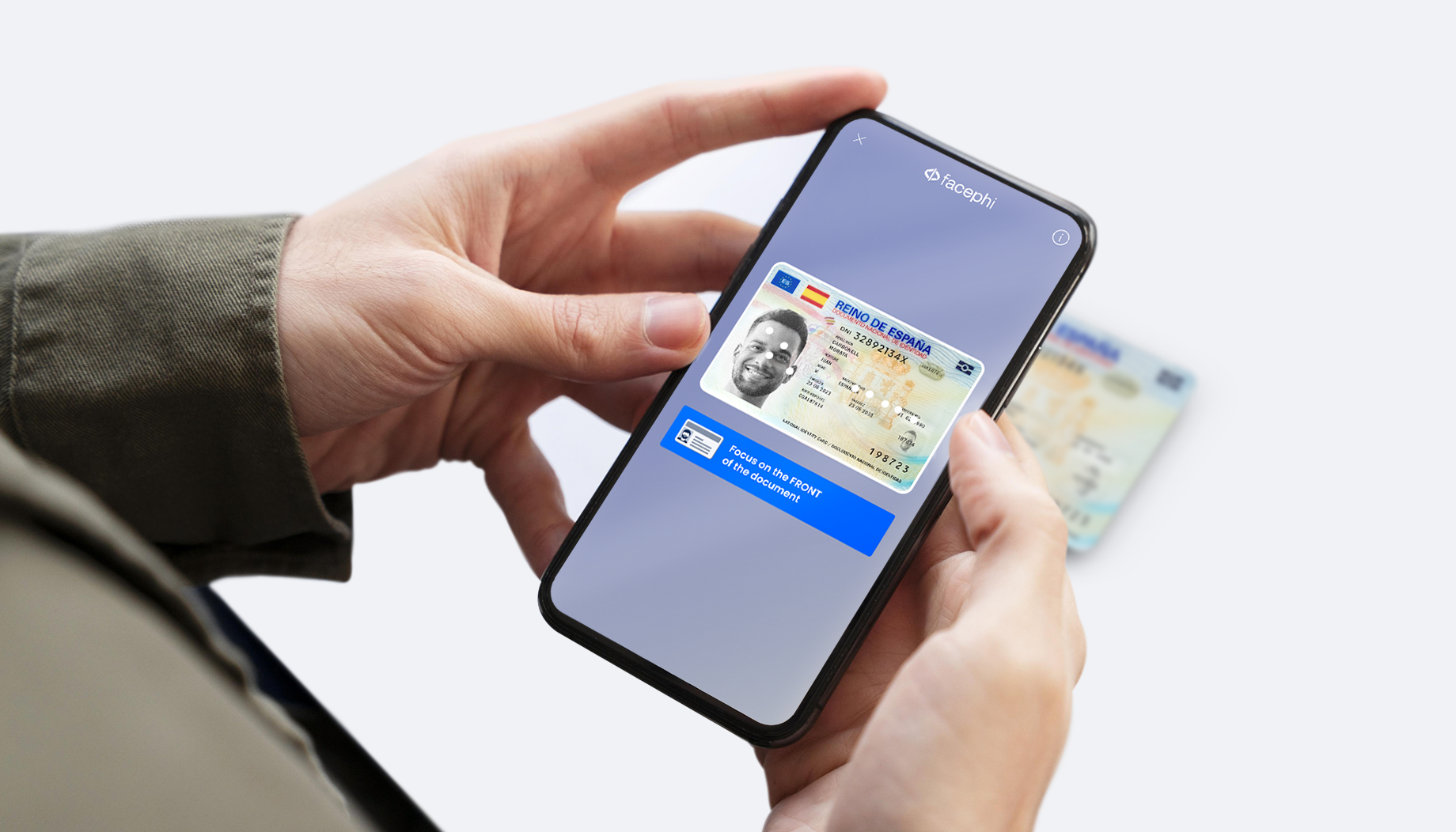- The project, now successfully executed, involved collaboration with Cathay Pacific, Hong Kong International Airport, Tokyo Narita International Airport, Branchspace, NEC, Neoke, Northern Block, and SICPA.
- Facephi was the technology provider responsible for issuing verifiable digital credentials.
- The proof of concept demonstrates the feasibility of a paperless, faster, safer, and more personalised travel experience.
As part of our collaboration with the International Air Transport Association (IATA), Facephi participated in an innovative project to demonstrate the feasibility of fully digital air travel.
The project, now successfully completed, also involved collaboration with Cathay Pacific, Hong Kong International Airport, Tokyo Narita International Airport, and partners such as Branchspace, NEC, Neoke, Northern Block, and SICPA.
This PoC, conducted in a real-world environment, consisted of a round-trip flight between Hong Kong and Tokyo Narita airports. Two passengers completed the entire travel process using only pre-issued digital credentials and biometric authentication at checkpoints and access points throughout both airports.
During the journey, the passengers used seven verifiable credentials, including an e-Passport, selfie, visa, corporate card, frequent flyer membership, travel order, and boarding pass. These digital credentials enabled quick and secure processes at various airport checkpoints using biometric authentication, without the need to present physical documents.
Facephi’s Role in Creating the e-Passport
As a crucial part of this PoC, we played a key role in issuing verifiable credentials. Our contribution was instrumental in issuing the Digital Travel Credential (DTC) Type 1, compliant with ICAO standards. This document served as the authoritative source for the issuance of verifiable credentials, which were sent directly to the passengers’ digital wallets.
Facephi’s expertise and technological precision were key to ensuring a robust and reliable process. Additionally, we generated a live biometric credential (selfie) and a corporate card, which facilitated seamless biometric authentication at various airport checkpoints.
Interoperability was one of the primary challenges of this PoC, as it required the integration of multiple providers at each stage of the journey. This included verifiable credential issuers, identity verifiers, digital wallets, and airport biometric systems.
The verifiable credentials issued by Facephi seamlessly integrated with the biometric authentication systems at Hong Kong and Narita airports, demonstrating the adaptability of our technology across jurisdictions and technological environments. This success underscores the feasibility of a faster, safer, and more personalised paperless travel experience.
“This successful project is a step forward for the future of digital travel, where digital identity and biometrics enable faster, safer, and more personalised travel experiences. Facephi reaffirms its commitment to innovation, continuing to develop solutions that transform the passenger experience in the aviation industry,” said Miguel Luparelli, Product Innovation Director.
Use Case: How Travel Will Evolve with Digital Identity
Thanks to advanced digital identity verification technology, supported by our technological framework, the project aims to enhance the registration and identity verification process, making it faster and more secure. Passengers will need to complete pre-registration either online or in person at the airport.
This process involves automatically capturing the traveller’s document, taking a selfie for facial verification, and performing biometric matching with the ID document image. Once registered, passengers can access security checkpoints and boarding gates through facial recognition.
This means there will no longer be a need to present physical documents (although passengers must still carry them), significantly streamlining all travel procedures.





